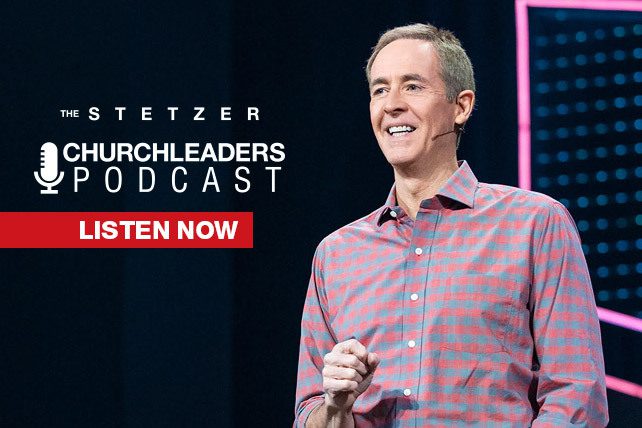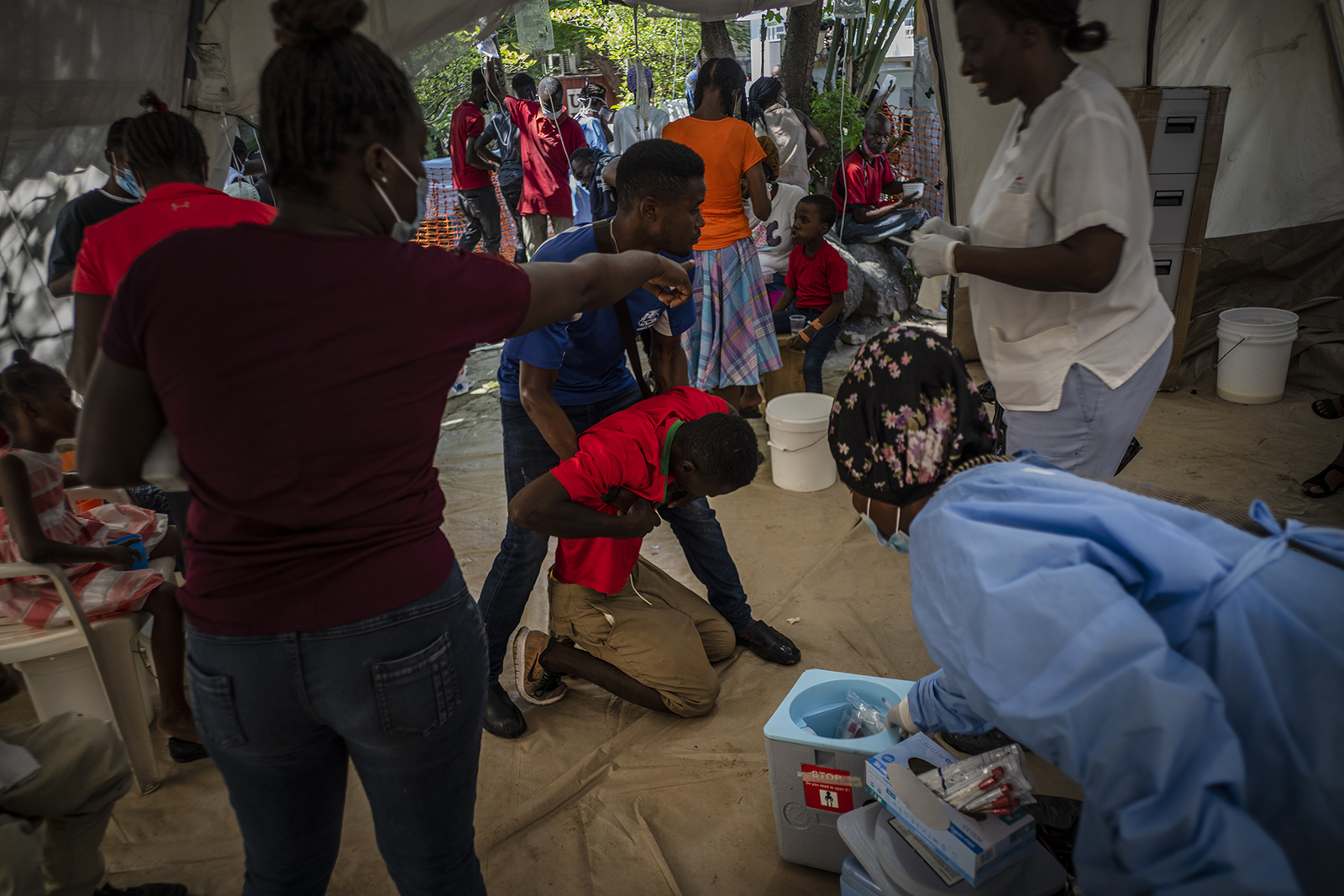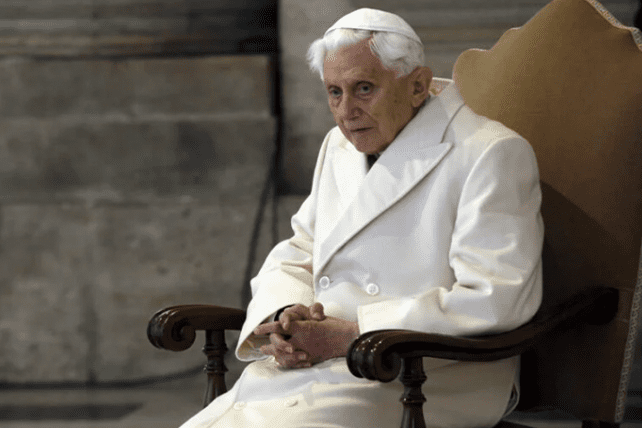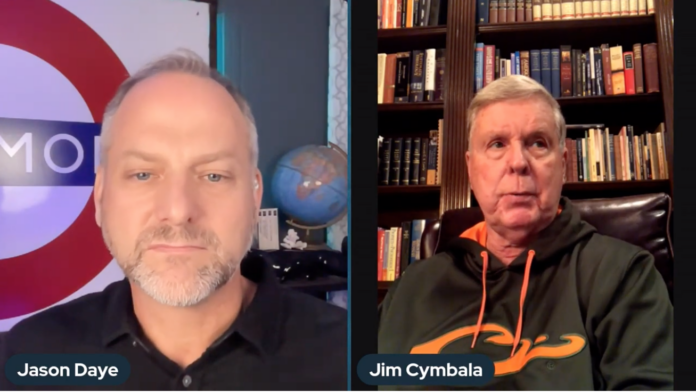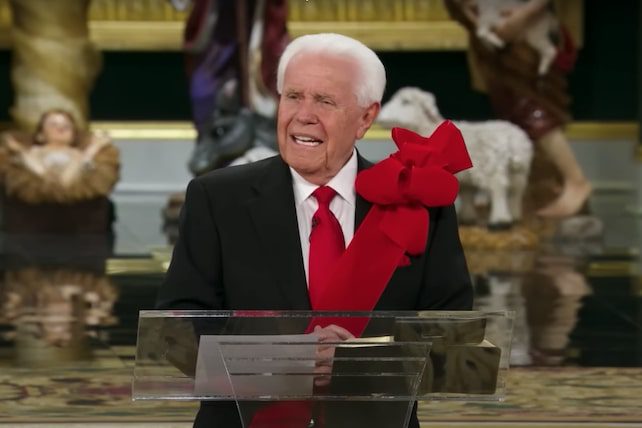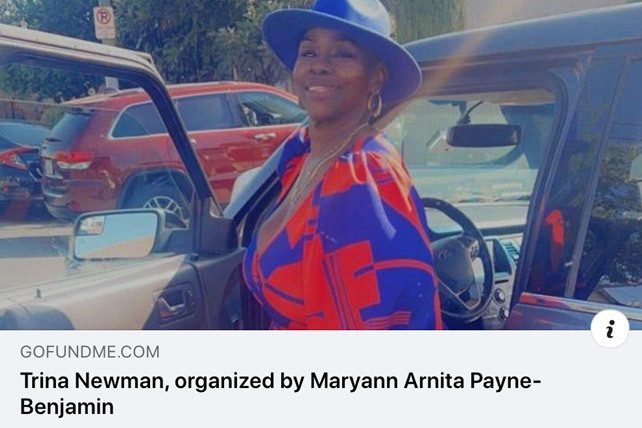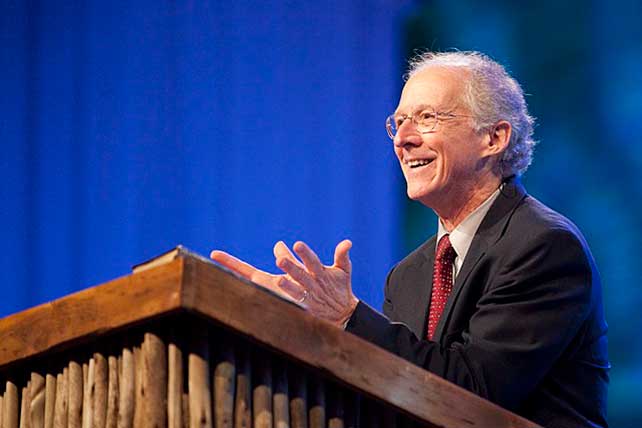As President Joe Biden approached the podium at the White House to deliver his Christmas address to the nation, he did so in the face of a 55% disapproval rating. And while he centered his remarks on encouraging unity at a time when Americans are deeply divided, he nevertheless received stern criticism from some on his political right.
Most criticism has focused not so much on what the president said but rather on what he didn’t say.
While Biden affirmed that Christmas is an essential aspect of the Christian faith, asserted his belief that the child born in Bethlehem is the Son of God, and cited two Christian hymns along with a reference to the biblical creation narrative, the president failed to mention Jesus of Nazareth by name.
“How silently, how silently a wondrous gift is given,” Biden said to begin his address, which he delivered on Dec. 22. “There’s a certain stillness at the center of the Christmas story. A silent night when all the world goes quiet.”
RELATED: Mississippi Pastor Accuses Joe Biden of Being Possessed by Satan During ‘Soul of America’ Speech
“And all the glamor, all the noise, everything that divides us, everything that pits us against one another, everything that seems so important but really isn’t—this all fades away in the stillness of the winter’s evening,” Biden continued. “And we look to the sky, to a lone star, shining brighter than all the rest, guiding us to the birth of a child; a child Christians believe to be the Son of God, miraculously now here among us on earth, bringing hope, love, and peace, and joy to the world.”
“Yes, it’s a story that’s 2,000 years old, but it’s still very much alive today,” Biden said. “Just look into the eyes of a child on Christmas morning, or listen to the laughter of a family together this holiday season after years, after years of being apart. Just feel the hope rising in your chest as you sing ‘Hark! the Herald Angels Sing,’ even though you’ve sung [it] countless times before. Yes, even after 2,000 years, Christmas still has the power to lift us up.”
“The Christmas story is at the heart of the Christian faith,” Biden said. “But the message of hope, love, peace, and joy—they’re also universal. It speaks to all of us, whether we’re Christian, Jewish, Hindu, Muslim, Buddhist, or any other faith or no faith at all.”
“So my hope this Christmas season is that we take a few moments of quiet reflection and find that stillness in the heart of Christmas, that’s at the heart of Christmas, and look, really look at each other not as Democrats or Republicans, not as members of ‘Team Red’ or ‘Team Blue,’ but as who we really are: fellow Americans, fellow human beings worthy of being treated with dignity and respect,” Biden said.
The president went on to encourage Americans to express kindness toward others during the holidays, particularly those who may be struggling with grief or loneliness.
RELATED: Biden’s Student Loan Forgiveness Plan Announced; Christians Have Strong Feelings
Referencing the Genesis account wherein God said, “Let there be light,” and there was light, Biden said, “That light is still with us, illuminating our way forward as Americans and as citizens of the world. A light that burned in the beginning and at Bethlehem. A light that shines still today in our own time, our own lives, as we sing, ‘O Holy Night,’: ‘his law is love and his gospel is peace.’”


